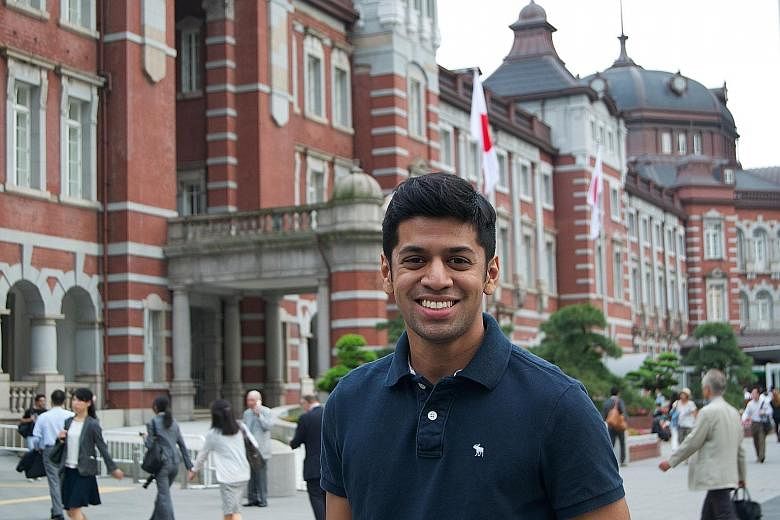Though historical fiction may be set decades, even centuries ago, it is anything but dated.
The genre is in the spotlight after Singapore writer Lee Jing-Jing's novel, How We Disappeared (2019), set largely during World War II, was longlisted for Britain's Walter Scott Prize for Historical Fiction last month.
Already a subscriber? Log in
Read the full story and more at $9.90/month
Get exclusive reports and insights with more than 500 subscriber-only articles every month
ST One Digital
$9.90/month
No contract
ST app access on 1 mobile device
Unlock these benefits
All subscriber-only content on ST app and straitstimes.com
Easy access any time via ST app on 1 mobile device
E-paper with 2-week archive so you won't miss out on content that matters to you


